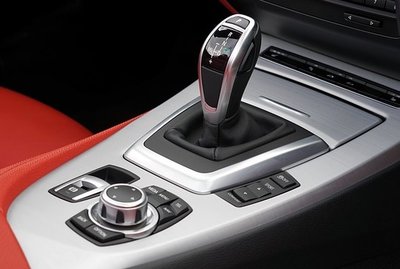 Staying safe in the heat of summer is easier for some than others, but it’s still something everyone has to think about. Though teens aren’t as vulnerable to heat-related illness as children and seniors, there are a few situations they’re likely to find themselves in that expose them to danger from severe heat. Teens may also be new to these situations and not aware of the risks, so it’s good to take a little time this summer to make sure they know.
Staying safe in the heat of summer is easier for some than others, but it’s still something everyone has to think about. Though teens aren’t as vulnerable to heat-related illness as children and seniors, there are a few situations they’re likely to find themselves in that expose them to danger from severe heat. Teens may also be new to these situations and not aware of the risks, so it’s good to take a little time this summer to make sure they know.
- Working in a hot environment, doing physically strenuous work, or both, can cause heat-related illness. Teens should learn about the different forms of this, because it can range from a simple heat rash (which doesn’t require a break from work, sorry) to heat stroke, which is a 911-level emergency and can be fatal. OSHA has a chart on the topic here, if your teen’s workplace doesn’t offer heat safety training. (Of course, it probably should, but that’s another issue — and young workers often don’t want to make waves.)
- Driving brings lots of new responsibilities — one is making sure your car doesn’t become a heat hazard to you or anyone else. According to Safercar.gov, “In 10 minutes, a car’s temperature can rise over 20 degrees . . . Even at an outside temperature of 60 degrees, the temperature inside your car can reach 110 degrees.†Leaving the windows open a crack doesn’t really help, either. So teens (and adults) need to avoid sleeping in parked cars — people have died of heat stroke doing that. Teens and other drivers also need to look out for children’s safety by keeping car doors and trunks locked, even at home in the driveway, and keeping car keys out of kids’ reach, the National Weather Service advises.
- Exercise can get dangerous in hot weather. Brandon, of Pittsgrove, New Jersey, lost 10 pounds on one five-mile run — but that’s not from a fitness program ad, it’s a survivor story from the National Weather Service site. Running in 95° heat and high humidity, he sweated out 10 pounds’ worth of water and began to experience shivering and chest pains. Teens who work out regularly or play outdoor sports may need to cut back during summer — or, as the Center for Disease Control recommends, exercise only in mornings and evenings, and be sure to get two to four cool drinks each hour. (Beer doesn’t count, even if you’re old enough for it, and neither do sugary soft drinks.)










